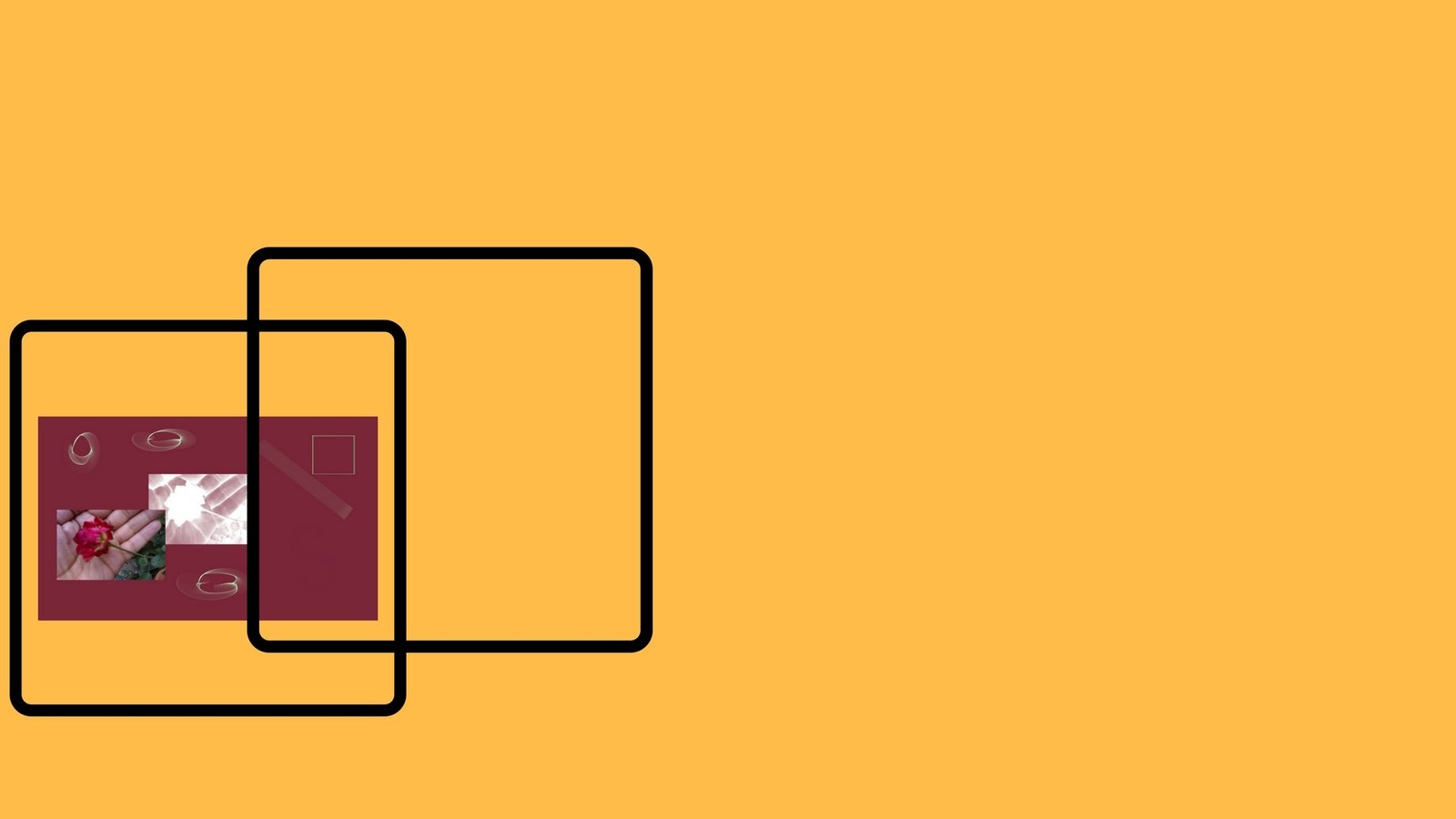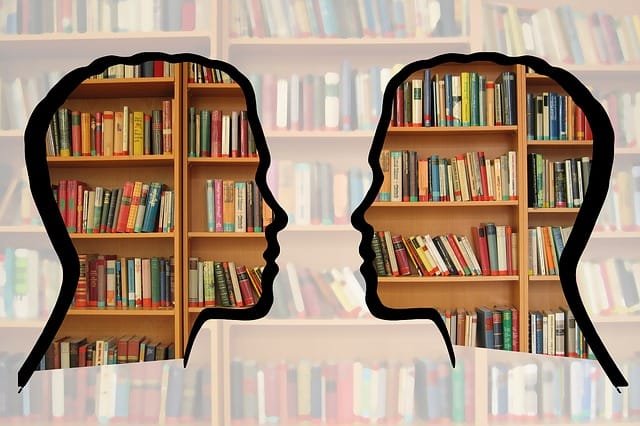
It is amazing to consider, that a human being would willingly accept a label to define his entire existence. There are many labels in existence. People label themselves based on education, profession, family, country, or religion. With an expanding knowledge, each of those labels proves insufficient and incomprehensive. So, in order to identify oneself, an individual might take on more than one label. This usually is done in accord with one’s activities. It helps a person to be socially identifiable. The entire purpose of giving and accepting labels is for the purpose of social convenience. If it were not for the ease of conveying information of one’s activities or identity through a label, most human beings would not want a label for themselves. A label can turn a person into a commodity in the social context. Some wear their labels with pride, and some with shame, based on how the social scanner reads a certain label.
Bipolar disorder is just one such label. However, it is not flattering and it is not a convenience. It is, to be sure, a man-made label. Those who built this label and marketed it, have had beliefs and interests of their own in doing so. The ones passing out this label – psychologists and psychiatrists – have a socially respectable label of their own. They are believed to be some kind of expert on human behavior, thinking, emotions etc. The fact of the matter is, there is no training or literature that bestows such expertise upon anyone. If there is any such expertise, it is as transient as the moments of good listening and a willingness to understand. Beyond that, it is simply the license to judge another person. And it would not be wrong to conclude, there are times when those given the power to judge do not have the merit or the ability of those they sit in judgment of!
Is social convenience a justifiable reason for creating the label?
The entire premise rests on the belief that society sets the standard for human behavior. This is why one needs to understand first and foremost the nature and purpose of society itself. Society is itself not a constant. Societies change. There is a rise of a society, but there is also the eventual decline. The arrival of new generations and new sets of information present a challenge to every society. There is a level of sustainability within the human, social structures. The order of a society and mutual coexistence require the existence of norms to preserve those structures.
It does happen, that when a society finds its norms, it also finds its sense of comfort and security with those norms. To go away from those norms produces fear and anxiety in members of that society. This is why, even if a society is wrong on several things, it will fight to maintain those norms. Should there be individuals within the society that can see the flaws in that society and have the courage to speak truthfully about those flaws, a society can use unfair means to silence or subvert those individuals. This is what can happen in the case of bipolar disorder. It happens in many other cases as caste, race, politics, religion, education etc. It happens across the spectrum and for reasons that are sometimes too petty to mention honorably.
Can it be left up to the individual?
If it is left up to each individual to decide what and how a society should function, it would never be possible. The greater the freedoms of the individual and expression of it, the greater the challenge to holding a society together. When social unity becomes the overriding concern, standards of right and wrong can seem a great inconvenience. Any of those people who expose the wrongs of a society can then be labeled as those with bipolar disorder to preserve the unity and order of a society, till the time that the society itself is subjected to external testing. To be tested is the great inconvenience, but it is inescapable at this time.
Will social modification reduce the labeling method, including that for bipolar disorder?
Modifying a society is not by any means a small task. No society, even a very small one, can be modified at the will and at a time of one’s choosing. In fact, there is no human power that can keep a society together or obedient. As mentioned earlier, fear and anxiety of the members of society can become reasons. Far better reasons, one would conclude, are true love and respect among members of the society. Yet, love and respect are not enforceable. These have to be genuine expressions that a person can intelligently, consciously, and willingly conclude to offer.
So, the idea of modifying society is a dangerous idea in itself. It is not that one should even consider if one truly respects the rights of other humans to be free. However, much of the mental health industry, for example, dispenses man-made labels for the purpose of simplifying an otherwise complex matter. No society wants to confront the possible complexity of its individuals, and if that individuality threatens social functioning and unity, such labels are handy to enforce conformity. Is this not the case? An important subject to consider in such a context is the role of whistleblowers in society.
Since it is not possible to modify society, individuals are sacrificed for the greater good. Surely, among them are gifted and capable individuals, who if given the chance to be creatively expressive could have offered something of value to their own societies and the larger humanity. Maybe, we have been served by those who even stand for divine service, and never would have been able if the label of bipolar or some other disorder were placed upon them. Man-made, inadequate rules should not have been given the importance they have been given.
If social control through labeling is reduced and individual expression is given greater opportunity, human society will start to break down. There is no doubt about it. This is also happening right now by the medium of social networking. Finding a balance and maintaining it as social equilibrium will be impossible if individual expressions go unrestrained. In the absence of established modes of authority and its institutions, every society will find unprecedented challenges.

